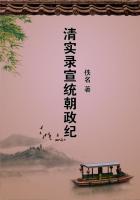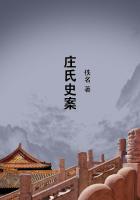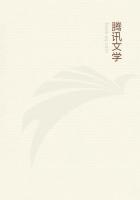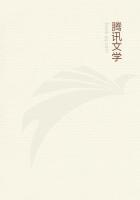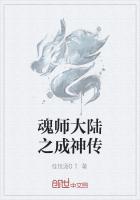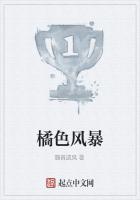A specious reason, however, is advanced for exempting Literature from the Censorship accorded to Plays. He--it is said--who attends the performance of a play, attends it in public, where his feelings may be harrowed and his taste offended, cheek by jowl with boys, or women of all ages; it may even chance that he has taken to this entertainment his wife, or the young persons of his household. He--on the other hand--who reads a book, reads it in privacy. True; but the wielder of this argument has clasped his fingers round a two-edged blade. The very fact that the book has no mixed audience removes from Literature an element which is ever the greatest check on licentiousness in Drama. No manager of a theatre,--a man of the world engaged in the acquisition of his livelihood, unless guaranteed by the license of the Censor, dare risk the presentment before a mixed audience of that which might cause an 'emeute' among his clients. It has, indeed, always been observed that the theatrical manager, almost without exception, thoughtfully recoils from the responsibility that would be thrust on him by the abolition of the Censorship. The fear of the mixed audience is ever suspended above his head. No such fear threatens the publisher, who displays his wares to one man at a time. And for this very reason of the mixed audience; perpetually and perversely cited to the contrary by such as have no firm grasp of this matter, there is a greater necessity for a Censorship on Literature than for one on Plays.
Further, if there were but a Censorship of Literature, no matter how dubious the books that were allowed to pass, the conscience of no reader need ever be troubled. For, that the perfect rest of the public conscience is the first result of Censorship, is proved to certainty by the protected Drama, since many dubious plays are yearly put before the play-going Public without tending in any way to disturb a complacency engendered by the security from harm guaranteed by this beneficent, if despotic, Institution. Pundits who, to the discomfort of the populace, foster this exemption of Literature from discipline, cling to the old-fashioned notion that ulcers should be encouraged to discharge themselves upon the surface, instead of being quietly and decently driven into the system and allowed to fester there.
The remaining plea for exempting Literature from Censorship, put forward by unreflecting persons: That it would require too many Censors--besides being unworthy, is, on the face of it, erroneous.
Special tests have never been thought necessary in appointing Examiners of Plays. They would, indeed, not only be unnecessary, but positively dangerous, seeing that the essential function of Censorship is protection of the ordinary prejudices and forms of thought. There would, then, be no difficulty in securing tomorrow as many Censors of Literature as might be necessary (say twenty or thirty); since all that would be required of each one of them would be that he should secretly exercise, in his uncontrolled discretion, his individual taste. In a word, this Free Literature of ours protects advancing thought and speculation; and those who believe in civic ******* subject only to Common Law, and espouse the cause of free literature, are championing a system which is essentially undemocratic, essentially inimical to the will of the majority, who have certainly no desire for any such things as advancing thought and speculation. Such persons, indeed, merely hold the faith that the People, as a whole, unprotected by the despotic judgments of single persons, have enough strength and wisdom to know what is and what is not harmful to themselves. They put their trust in a Public Press and a Common Law, which deriving from the Conscience of the Country, is openly administered and within the reach of all. How absurd, how inadequate this all is we see from the existence of the Censorship on Drama.
Having observed that there is no reason whatever for the exemption of Literature, let us now turn to the case of Art. Every picture hung in a gallery, every statue placed on a pedestal, is exposed to the public stare of a mixed company. Why, then, have we no Censorship to protect us from the possibility of encountering works that bring blushes to the cheek of the young person? The reason cannot be that the proprietors of Galleries are more worthy of trust than the managers of Theatres; this would be to make an odious distinction which those very Managers who uphold the Censorship of Plays would be the first to resent. It is true that Societies of artists and the proprietors of Galleries are subject to the prosecution of the Law if they offend against the ordinary standards of public decency; but precisely the same liability attaches to theatrical managers and proprietors of Theatres, in whose case it has been found necessary and beneficial to add the Censorship. And in this connection let it once more be noted how much more easily the ordinary standards of public decency can be assessed by a single person responsible to no one, than by the clumsy (if more open) process of public protest.

